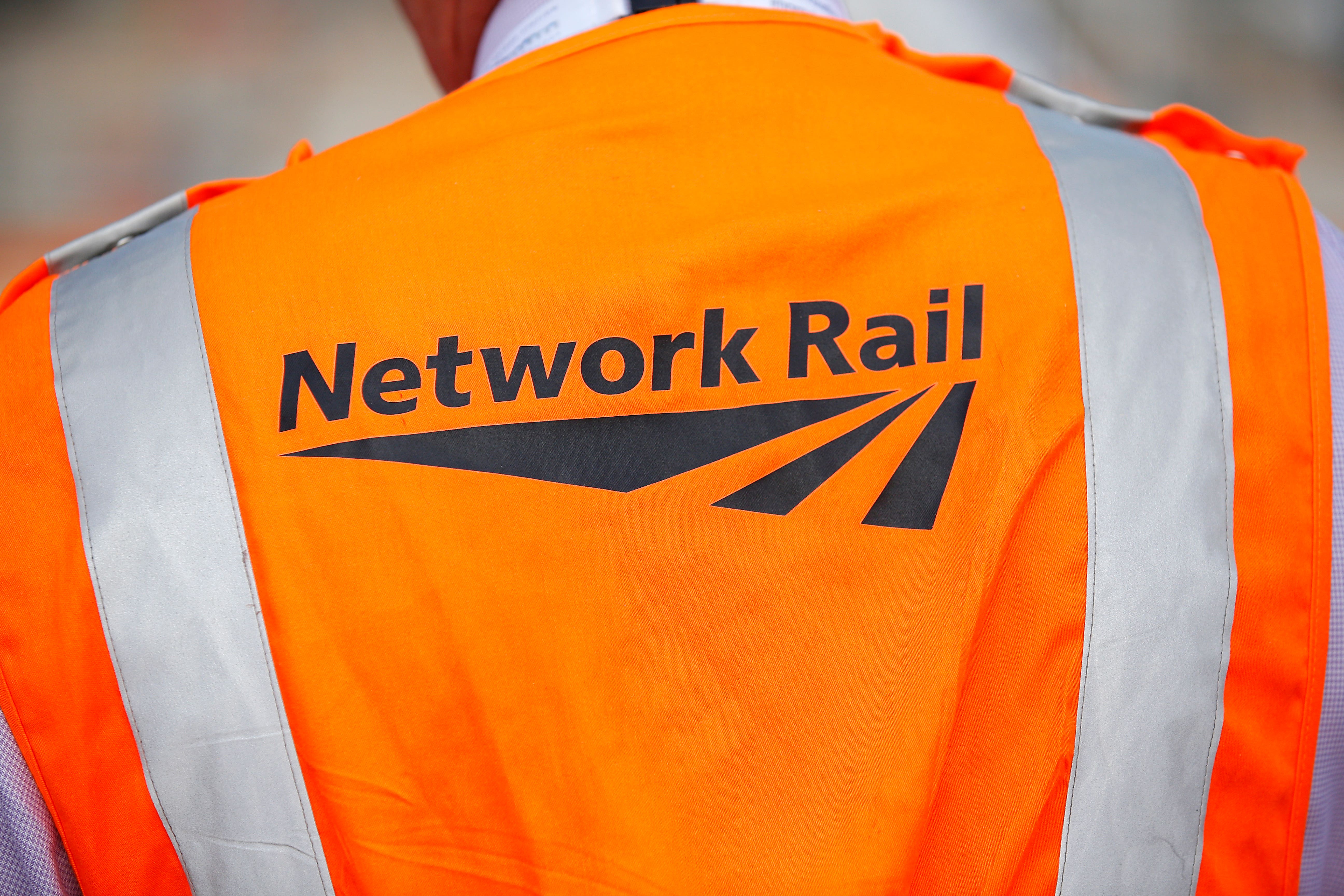Network Rail maintenance staff ‘paid nearly a fifth more than market rates’
Rail regulator the Office of Rail and Road commissioned a study of rail industry employment costs.

Your support helps us to tell the story
From reproductive rights to climate change to Big Tech, The Independent is on the ground when the story is developing. Whether it's investigating the financials of Elon Musk's pro-Trump PAC or producing our latest documentary, 'The A Word', which shines a light on the American women fighting for reproductive rights, we know how important it is to parse out the facts from the messaging.
At such a critical moment in US history, we need reporters on the ground. Your donation allows us to keep sending journalists to speak to both sides of the story.
The Independent is trusted by Americans across the entire political spectrum. And unlike many other quality news outlets, we choose not to lock Americans out of our reporting and analysis with paywalls. We believe quality journalism should be available to everyone, paid for by those who can afford it.
Your support makes all the difference.Network Rail’s maintenance staff earn nearly a fifth more than workers in similar roles, according to analysis.
Rail regulator the Office of Rail and Road (ORR) commissioned independent consultants to establish whether employment costs for more than 64,000 railway workers are higher or lower than “market comparators”.
The study found the average total reward – which includes pension costs and other measurable benefits – for maintenance workers at Network Rail is 18% above the average for people in comparable jobs, at £44,732.
Station staff employed by train operators are typically paid 12% above average for that type of position.
Many of those employees are taking part in strikes which have repeatedly decimated rail services across Britain in recent months.
The next walkout is on Saturday.
Total reward for Network Rail workers who are not maintenance staff is “largely within market rates”, while operational management at train companies are paid 11% below those in comparable roles, according to the report by Incomes Data Research and Steer.
The analysis is based on median averages, which represent the middle point in the salaries of the workers analysed.
Andrew Haines, Network Rail chief executive, said: “Our staff play a vital role delivering services for millions of passengers and, as the ORR’s report found, we provide a competitive package in line with market rates to reward and attract the best talent.
“As a public sector body, we balance this with the need to spend public money sensibly.”
Mick Lynch, general secretary of the Rail, Maritime and Transport (RMT) union, said: “The political thrust of this report is to target the pay and conditions of maintenance workers and station staff – the very same railway workers facing mass job cuts.
“The ORR also fails to acknowledge the extortionate pay of Network Rail executives who took home around a million pounds in the last two years.
“In stark contrast, Network Rail staff have endured a three-year pay freeze and have seen a sharp decline in living standards.”
He added: “Strong trade unions like the RMT are important in raising wages and creating good safe working environments.
“And if it means RMT members’ wages are higher than the market rate, there is something wrong with the market.”
The Government’s Williams-Shapps Plan for Rail published in May last year asked the ORR to commission the study.
It is the first time such analysis has taken place.
The complexity of rail pay arrangements can make it difficult for companies to produce data and to also make comparisons on a consistent basis
Will Godfrey, the ORR’s director of economics, finance and markets, said the report is “a good first step in improving transparency”.
He went on: “The complexity of rail pay arrangements can make it difficult for companies to produce data and to also make comparisons on a consistent basis.
“Particularly when the study depends on being able to find suitable comparators for rail jobs, which is easier for some types of jobs than others.
“The findings have identified areas where train operating companies and Network Rail can undertake further analysis of pay structures.
“We will now consider in consultation with industry the scope to update and refine this dataset.”